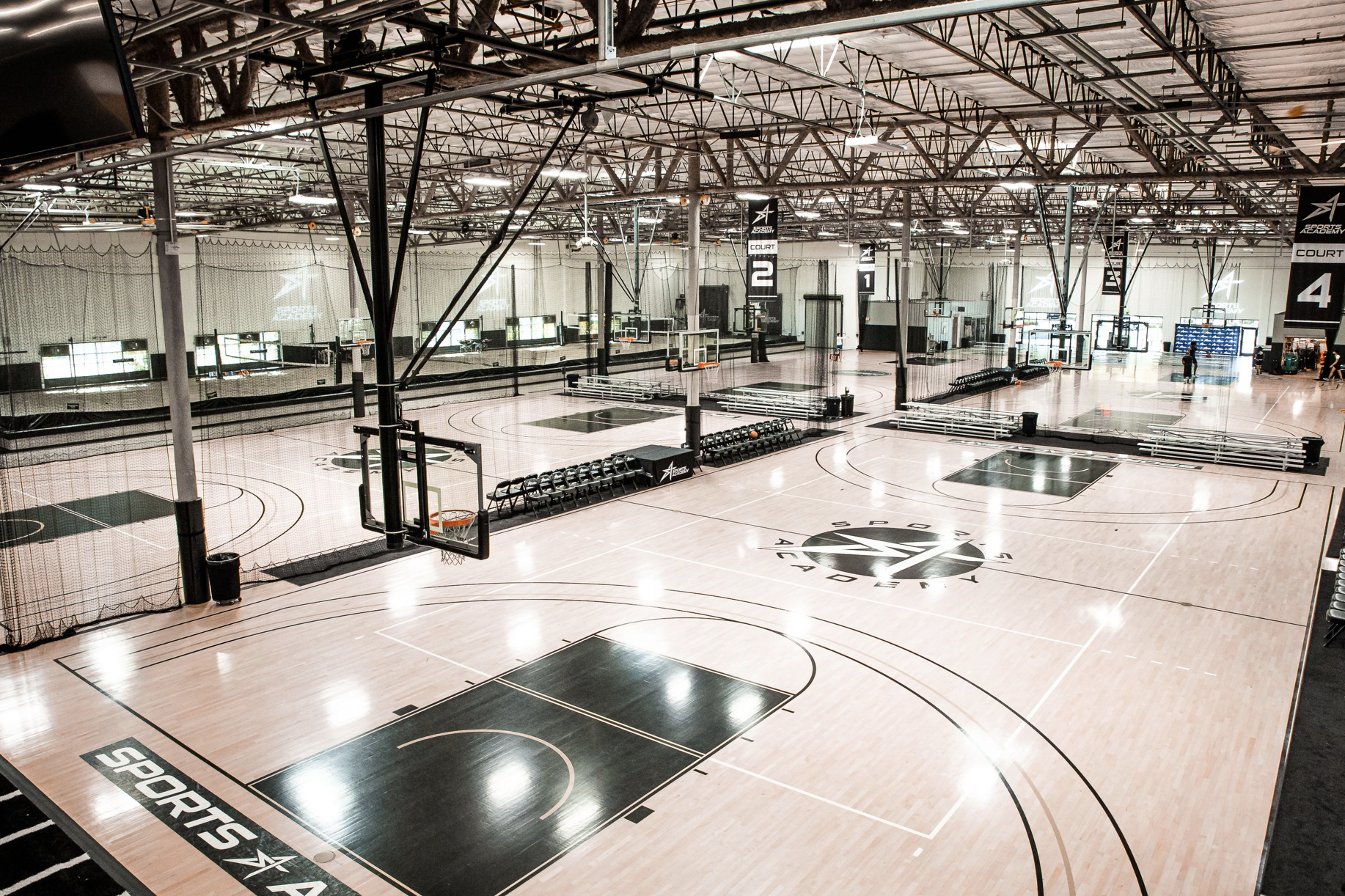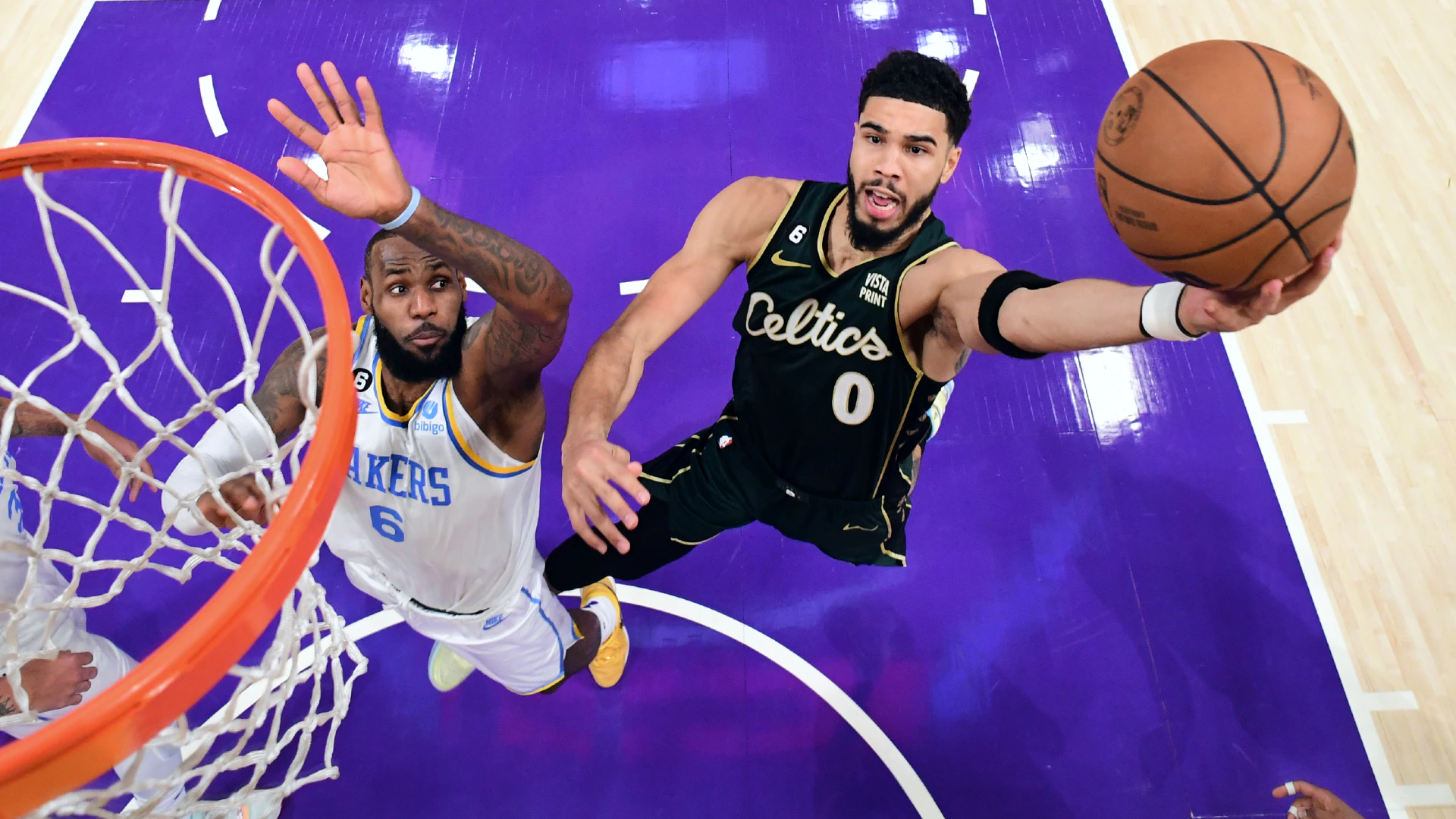
Sports academies have become integral in fostering talent and shaping the future of aspiring athletes. They provide a structured environment where young talents can hone their skills, receive professional coaching, and develop both athletically and personally. With a combination of sports training, academic education, and life skills development, sports academies are at the forefront of nurturing the next generation of champions.
What is a Sports Academy?
A sports academy is an institution focused on the development of athletic talent while ensuring academic progress. Unlike regular schools that may offer physical education as part of their curriculum, sports academies emphasize specialized sports training and advanced techniques. Athletes who attend these academies typically receive a more focused and intense training schedule compared to traditional school programs.
The primary goal of a Sports Academy is to prepare athletes for professional sports careers while equipping them with a strong academic foundation. These institutions often have experienced coaches, state-of-the-art facilities, and a structured curriculum that balances both sports and academics.
Importance of a Sports Academy
The rise of professional sports and the competitive nature of international athletic events have increased the need for specialized sports training from a young age. Sports academies serve as a breeding ground for talent, providing young athletes with the opportunity to:
- Receive expert coaching and mentorship.
- Train using advanced facilities and technologies.
- Compete in high-level tournaments and competitions.
- Develop essential life skills such as discipline, teamwork, and leadership.
- Build a solid academic foundation, which helps them if they choose a career outside of sports.
These institutions are not only about building sports skills but also about fostering character and responsibility in young athletes.
Types of Sports Academies
Sports academies can vary based on their focus and the sports they specialize in. While some academies provide training in multiple sports, others are specialized in one particular field. Here are some common types:
Multi-Sport Academies
Multi-sport academies offer training in a variety of sports such as basketball, soccer, tennis, and athletics. These academies are designed for athletes who may have talent in more than one sport or are still in the process of determining which sport they want to pursue at a professional level. The focus is on giving a well-rounded exposure to different disciplines, allowing students to specialize as they progress.
Soccer Academies
Soccer academies are some of the most common sports academies worldwide, especially in regions like Europe and South America where the sport dominates. Soccer academies, such as Barcelona’s La Masia or Manchester United’s academy, have produced some of the world’s greatest players. These institutions offer specialized soccer training, focusing on skill development, tactical understanding, and fitness.
Tennis Academies
Tennis academies like the IMG Academy in Florida or the Rafa Nadal Academy in Spain are designed to cultivate elite tennis players. These academies have a focus on improving technique, agility, and mental toughness. Players often start training from a very young age, and the rigorous practice schedules prepare them for competitive tournaments.
Basketball Academies
Basketball academies have gained prominence, especially in countries like the United States and Canada, where the sport has immense popularity. The academies train athletes in shooting, defense, ball-handling, and game strategy. Prominent examples include the NBA’s Basketball Without Borders, which nurtures young basketball talent globally.
Swimming Academies
Swimming academies provide swimmers with the facilities and coaching necessary to excel in competitive swimming. Many Olympic and world championship swimmers have come through these institutions, which focus on perfecting techniques in different swimming strokes and improving stamina and speed.
Key Components of a Successful Sports Academy
A well-established sports academy incorporates various elements that contribute to the holistic development of an athlete. Here are some key components:
Professional Coaching
Expert coaching is at the heart of any successful sports academy. Coaches with professional backgrounds or experience in high-level competitions help young athletes by offering insights and strategies that they would not typically get from regular school sports programs. The guidance they provide can make a significant difference in an athlete’s progression.
State-of-the-Art Facilities
The infrastructure in a sports academy is crucial for athlete development. From well-maintained courts and fields to cutting-edge fitness centers and sports labs, having the right environment plays a significant role in training. Athletes also have access to facilities like physiotherapy centers, nutrition services, and video analysis tools to monitor and improve their performance.
Academic Education
Most sports academies recognize the importance of education in parallel with sports training. They offer academic courses tailored to fit into the athletes’ demanding training schedules. Education ensures that students have career options beyond sports, preparing them for life after their athletic careers, should they choose to retire or switch paths.
Mental and Physical Conditioning
Athletes need both physical and mental strength to compete at the highest levels. Sports academies work on enhancing an athlete’s physical conditioning through strength and endurance training, while also emphasizing mental conditioning. This includes resilience training, coping with pressure, improving focus, and sports psychology.
Competition and Exposure
A key element of a sports academy is the opportunity for athletes to compete in high-level tournaments and leagues. Exposure to real-time competition allows athletes to test their skills under pressure, build experience, and improve their game. Furthermore, being scouted by talent agents, colleges, or professional teams often happens at such tournaments.
Life Skills and Leadership Development
Sports academies teach more than just athletic and academic skills. They often incorporate leadership programs, workshops on communication, and lessons in discipline and work ethic. This holistic approach ensures that athletes leave the academy not only as better players but as well-rounded individuals who are ready to face challenges in both professional and personal aspects of life.
Benefits of Attending a Sports Academy
Enhanced Performance
The most significant benefit of attending a sports academy is the enhancement in athletic performance. Athletes receive personalized coaching and have access to superior training methods, which translates into improved performance on the field or court.
Global Opportunities
Sports academies often have global connections and networks. Students may have the opportunity to participate in international tournaments, receive scholarships, or even be recruited by professional teams in other countries. This broad exposure is invaluable in the competitive world of sports.
Academic Support
Balancing academics and sports is a challenge many student-athletes face. Sports academies help manage this balance by offering flexible schedules, tutoring, and education systems that support both their sports and academic goals. This makes it easier for athletes to achieve their full potential in both areas.
Networking and Mentorship
By attending a sports academy, athletes are placed in environments where they can meet other like-minded individuals, build lifelong connections, and receive mentorship from experienced coaches and sports professionals. These connections can often lead to opportunities in the professional sports world or beyond.
How to Choose the Right Sports Academy
When choosing a Sports Academy, it is important for aspiring athletes and their families to consider various factors:
- Specialization: Some academies focus on specific sports, while others offer a broader range. Choose an academy that aligns with the athlete’s sport of interest.
- Facilities and Coaching: Look for academies with top-tier facilities and professional coaches with proven track records.
- Academic Programs: Ensure the academy provides a good academic education, as this is crucial for the athlete’s future beyond sports.
- Location and Costs: Location can affect the quality of the environment and training. Consider the costs, including tuition, equipment, and travel for competitions.
- Success Stories: Research the academy’s track record. Have they produced successful athletes in the past? How many graduates go on to professional careers or receive college scholarships?
Conclusion
Sports academies are vital in the development of young athletes, providing them with the training, discipline, and opportunities needed to succeed in their chosen sport. They not only shape athletic ability but also help build character and leadership skills, offering a comprehensive path for future success. By investing in a well-rounded sports academy experience, aspiring athletes can unlock their full potential, whether they pursue professional sports or other career avenues.







